Meditation is a simple yet effective practice that anyone can easily incorporate into their daily routine. Its accessibility lies in the fact that all you need is a few minutes and a quiet space, making it a practice suitable for everyone. Regular meditation can lead to reduced stress and anxiety, improved focus and concentration, enhanced emotional well-being, better sleep, and even a heightened sense of self-awareness and inner peace. Here are 5 beginning tips on how to get started on your meditation journey:
Tip #1: Start Small
Meditation can be approached in small, manageable increments. Begin with just a few minutes each day. As you establish a routine, gradually increase the duration. Starting small helps prevent feelings of overwhelm and ensures that meditation remains an achievable daily habit. This incremental approach also allows you to build your meditation “muscles” over time, making it easier to sit for longer periods.
Tip #2: Focus on Your Breath
Breath awareness is a fundamental meditation technique. Pay close attention to the natural rhythm of your breath, whether it’s the sensation of the air passing through your nostrils, the gentle rise and fall of your chest, or the expansion and contraction of your abdomen. When your mind wanders, as it naturally will, gently redirect your attention back to your breath. This continuous return to the breath is the essence of mindfulness meditation.
Tip #3: Find a Quiet Space
Choose a quiet, comfortable place where you won’t be easily disturbed. Combining the soothing power of essential oils and diffusers with smart bulbs or even warming up your space with a live plant, can effortlessly turn any room in the house into a calming environment. Aromatherapy with scents like lavender and chamomile from essential oils diffused into the air can significantly reduce anxiety and promote relaxation, while the customizable lighting options of smart bulbs, from soft warm hues to gentle dimming, set the ideal mood to further calm the mind.
Tip #4: Use Guided Meditations
Guided meditation sessions can be incredibly helpful for beginners. There are many meditation apps and online resources that provide guided sessions led by experienced instructors. These sessions offer step-by-step instructions and often focus on specific goals, such as stress reduction, sleep improvement, or self-compassion. Guided meditations can be an excellent way to learn various meditation techniques and gain confidence in your practice.
Tip #5: Be Patient and Kind to Yourself
Meditation is not about perfection; it’s about progress. Understand that your mind will wander, and thoughts will arise during meditation. This is entirely normal, and there’s no need to judge yourself for it. Instead, practice self-compassion. When you notice your mind has wandered, gently acknowledge it and bring your focus back to your breath or chosen point of meditation. Over time, you’ll find that your ability to stay present and focused improves.

Sabrina is currently in university and studying in the HR program. In her free time, you will most likely find her at the gym, boxing, at a coffee shop, or hanging out with her dog, Suga.
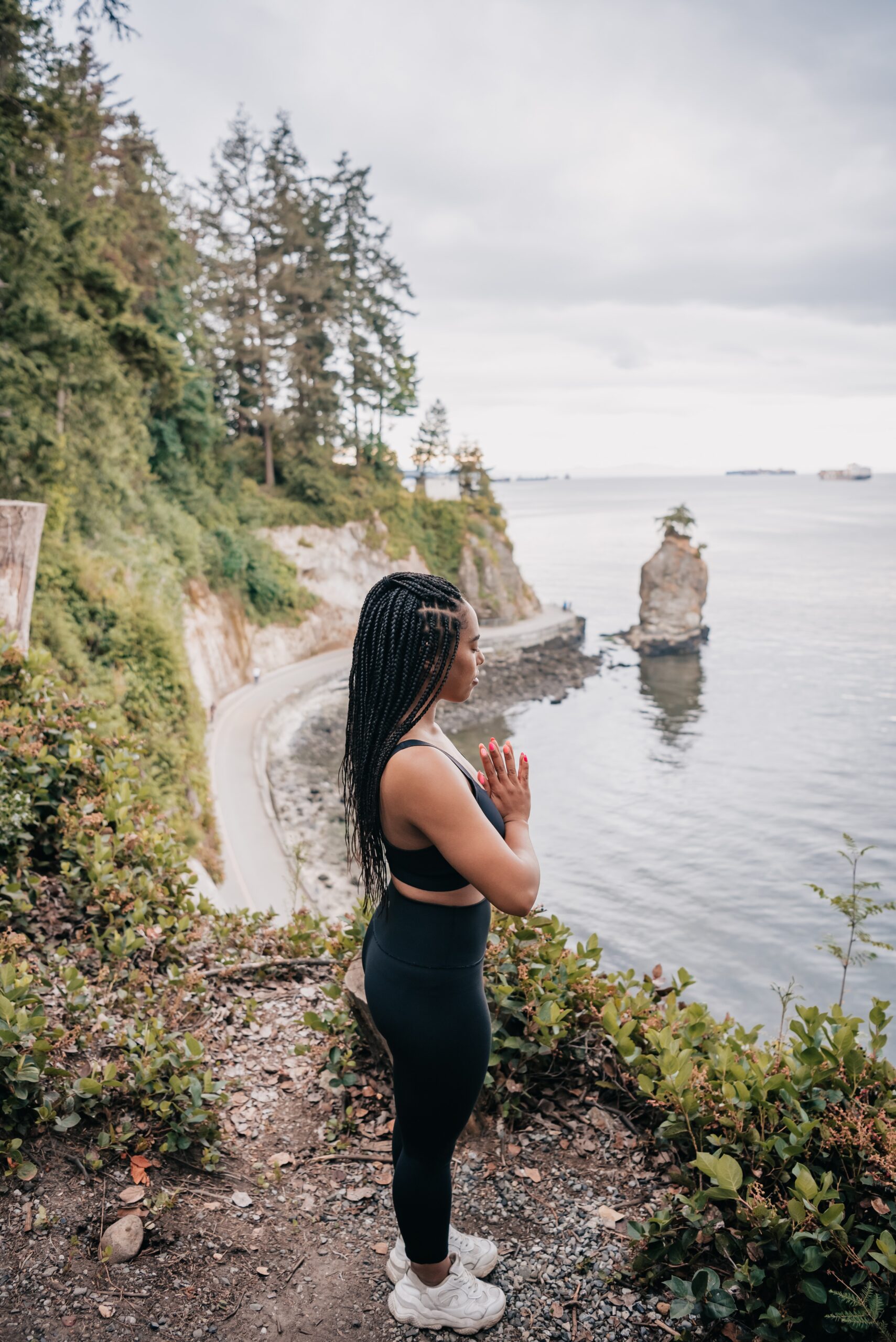








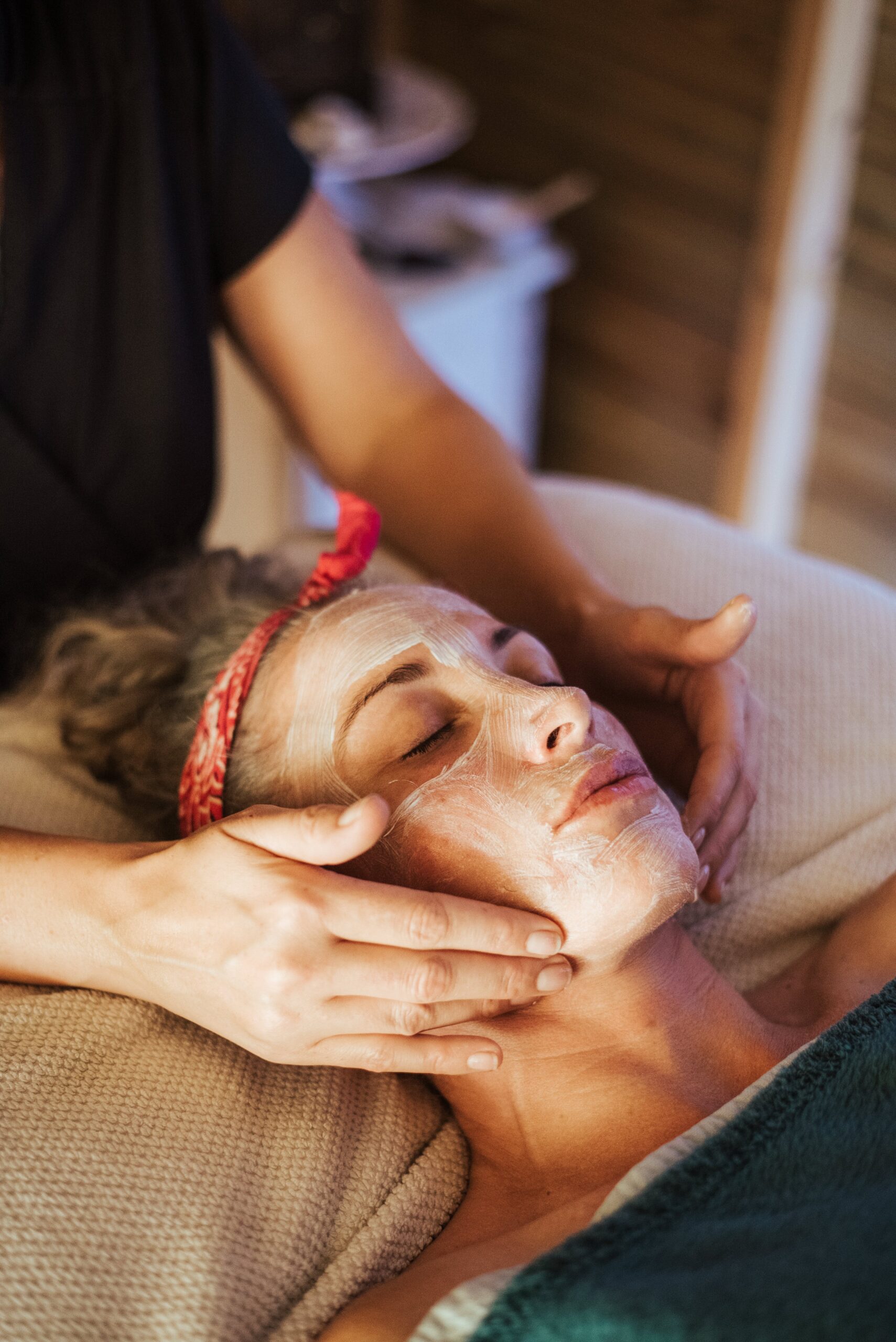

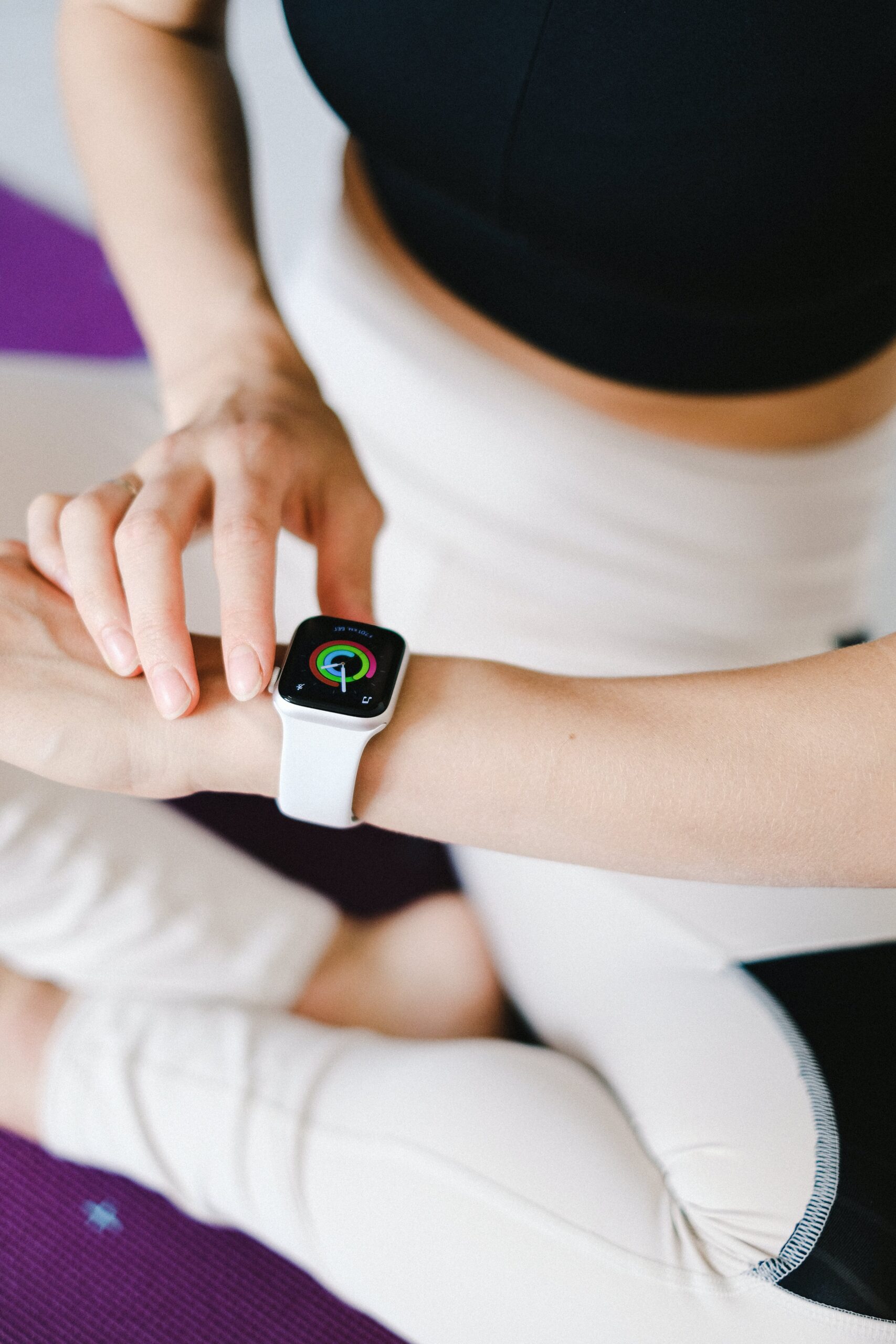

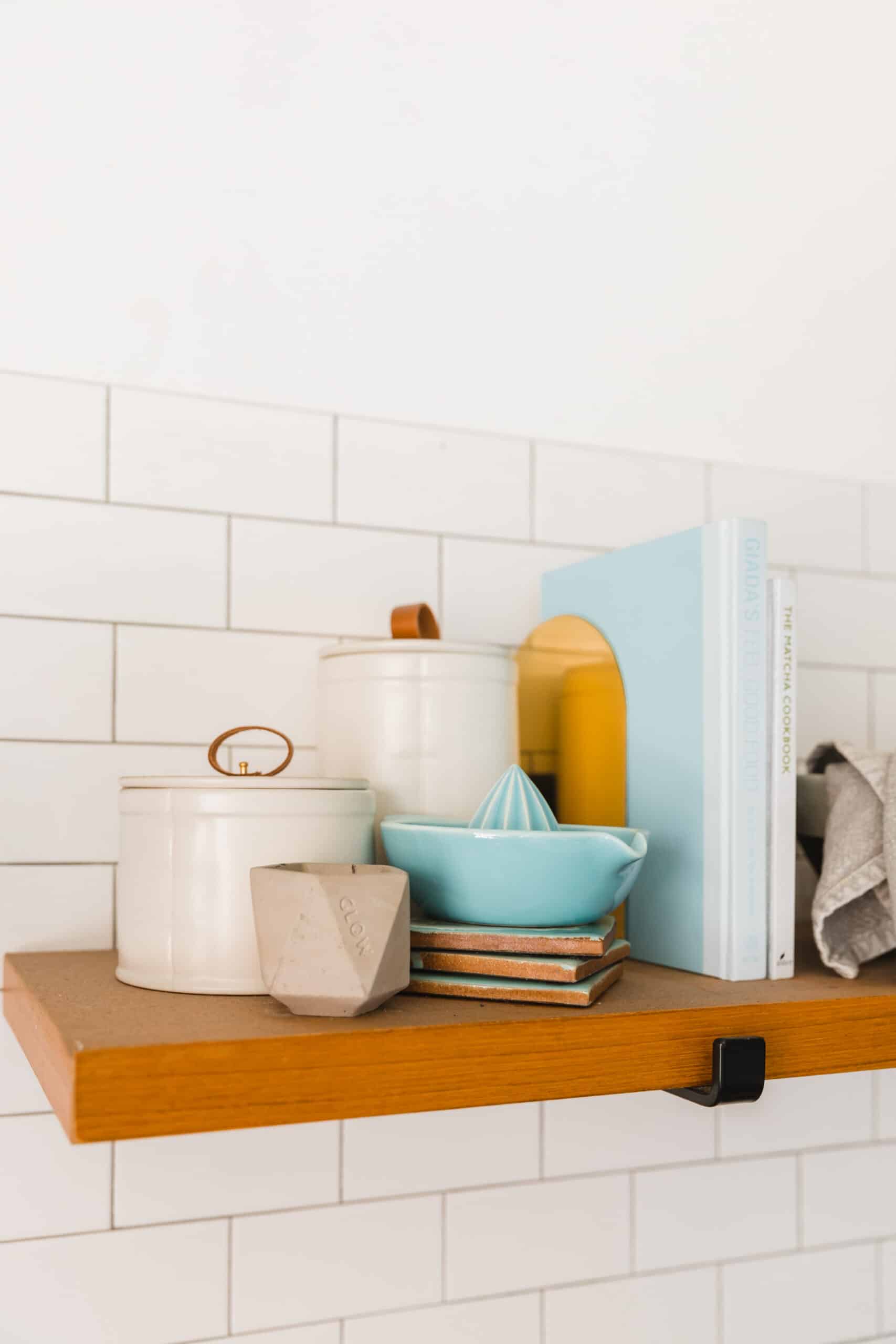
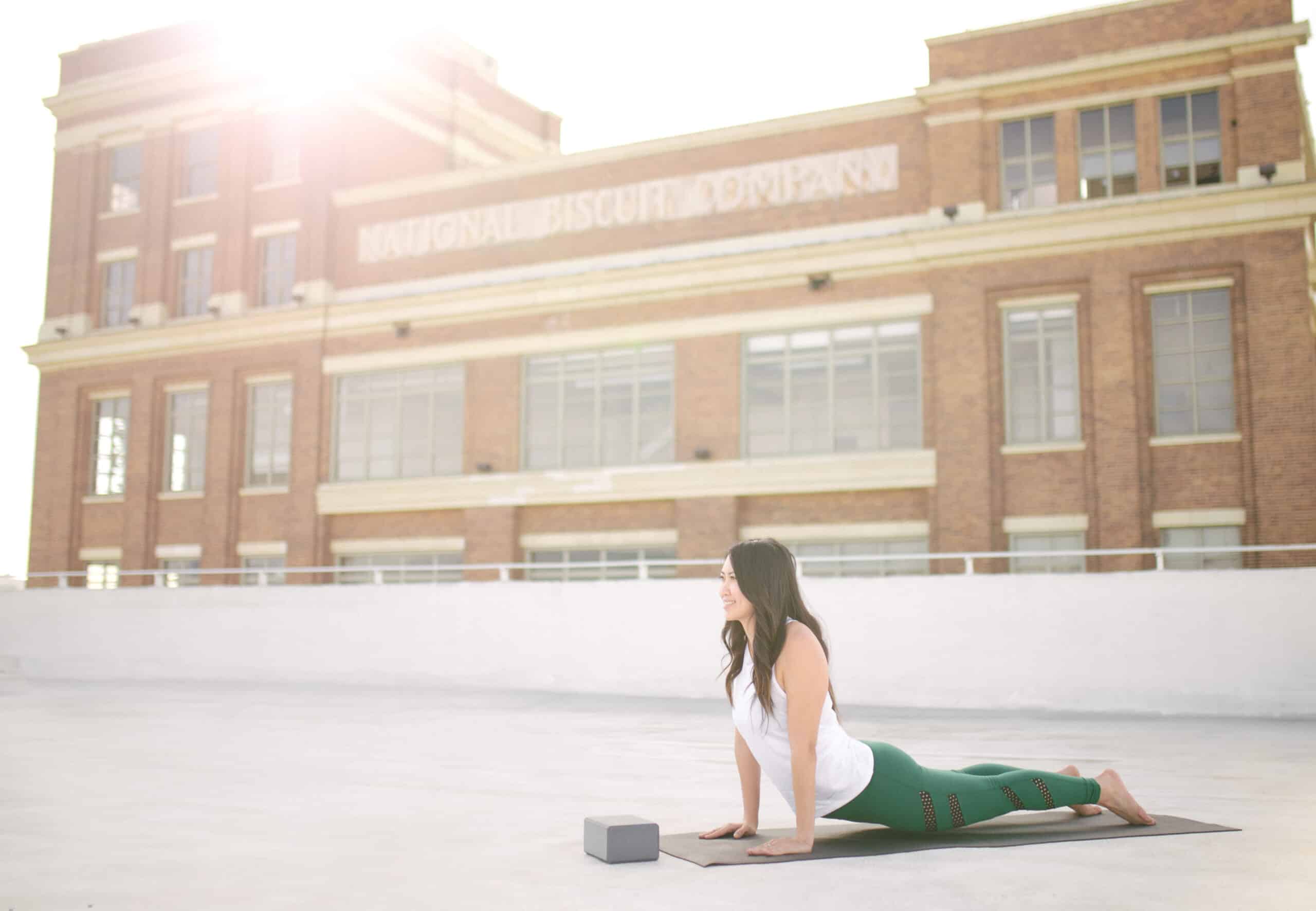
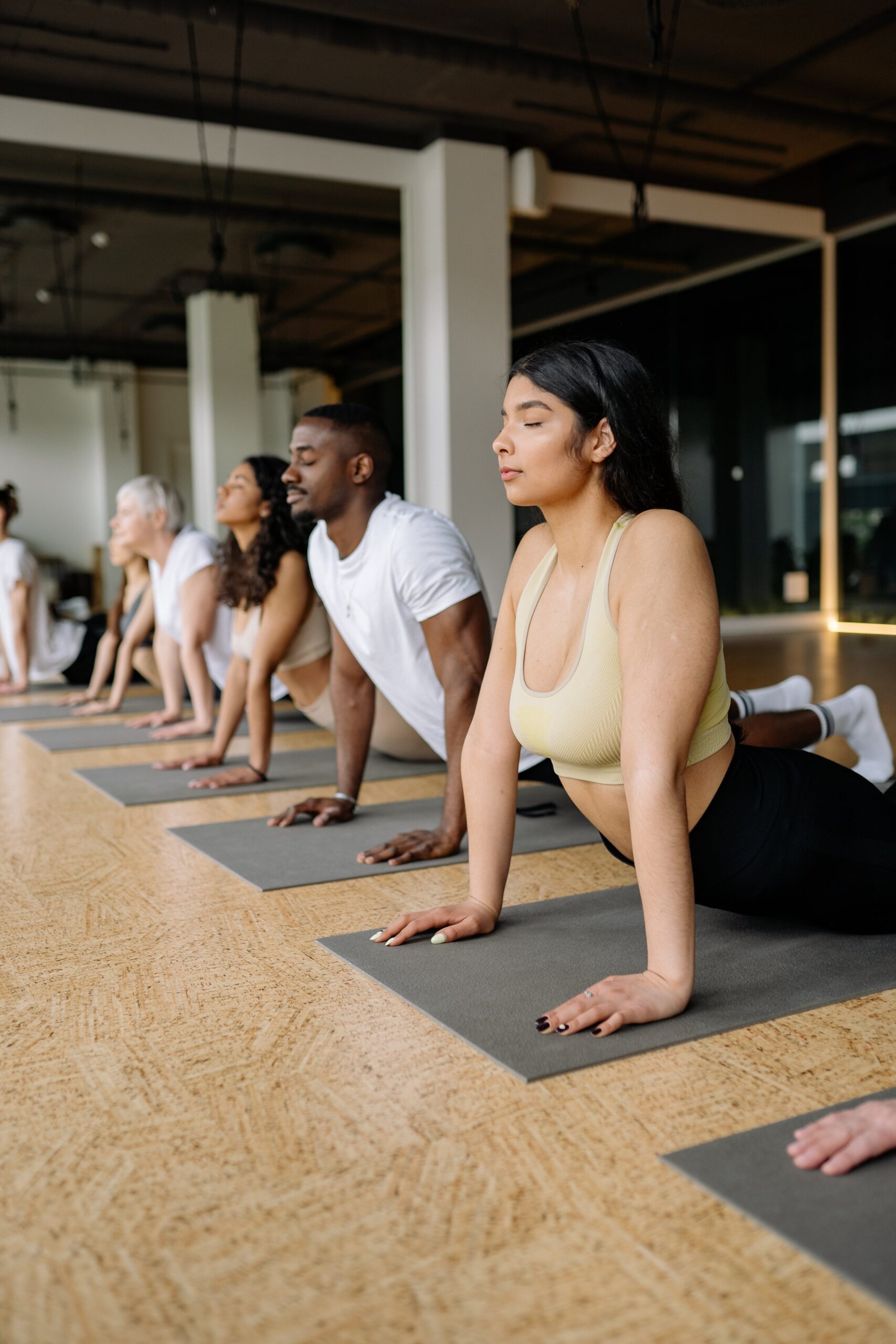

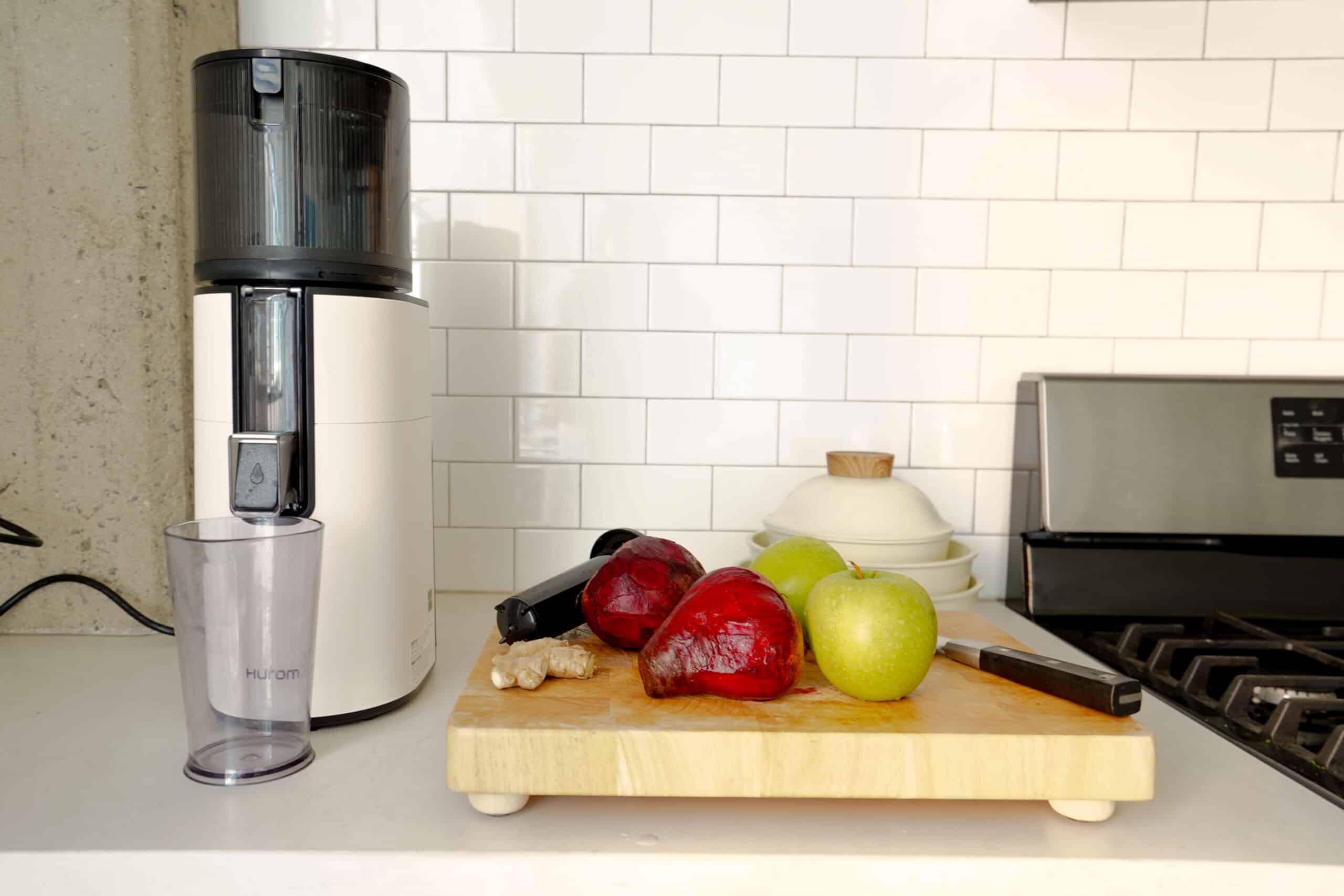



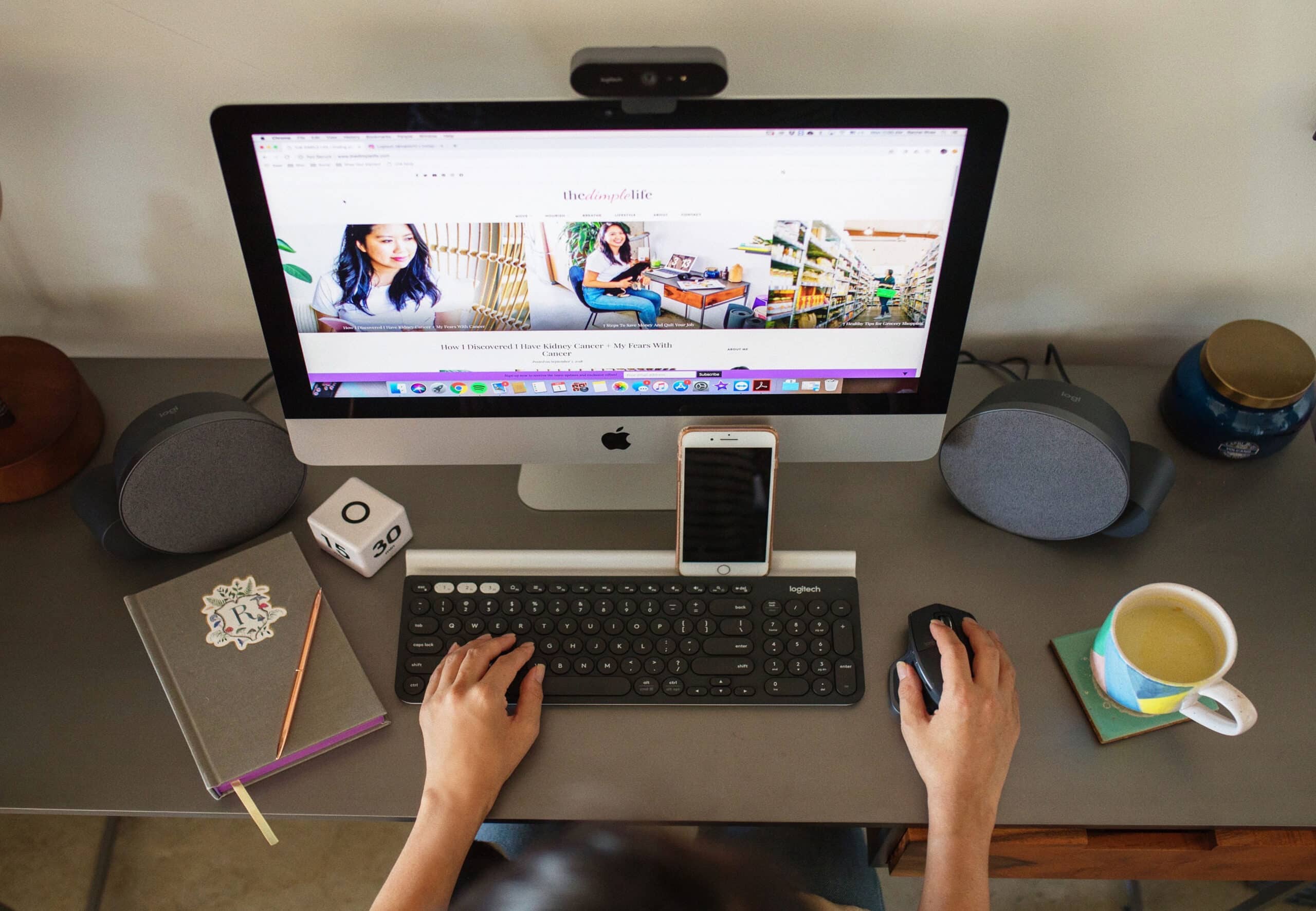



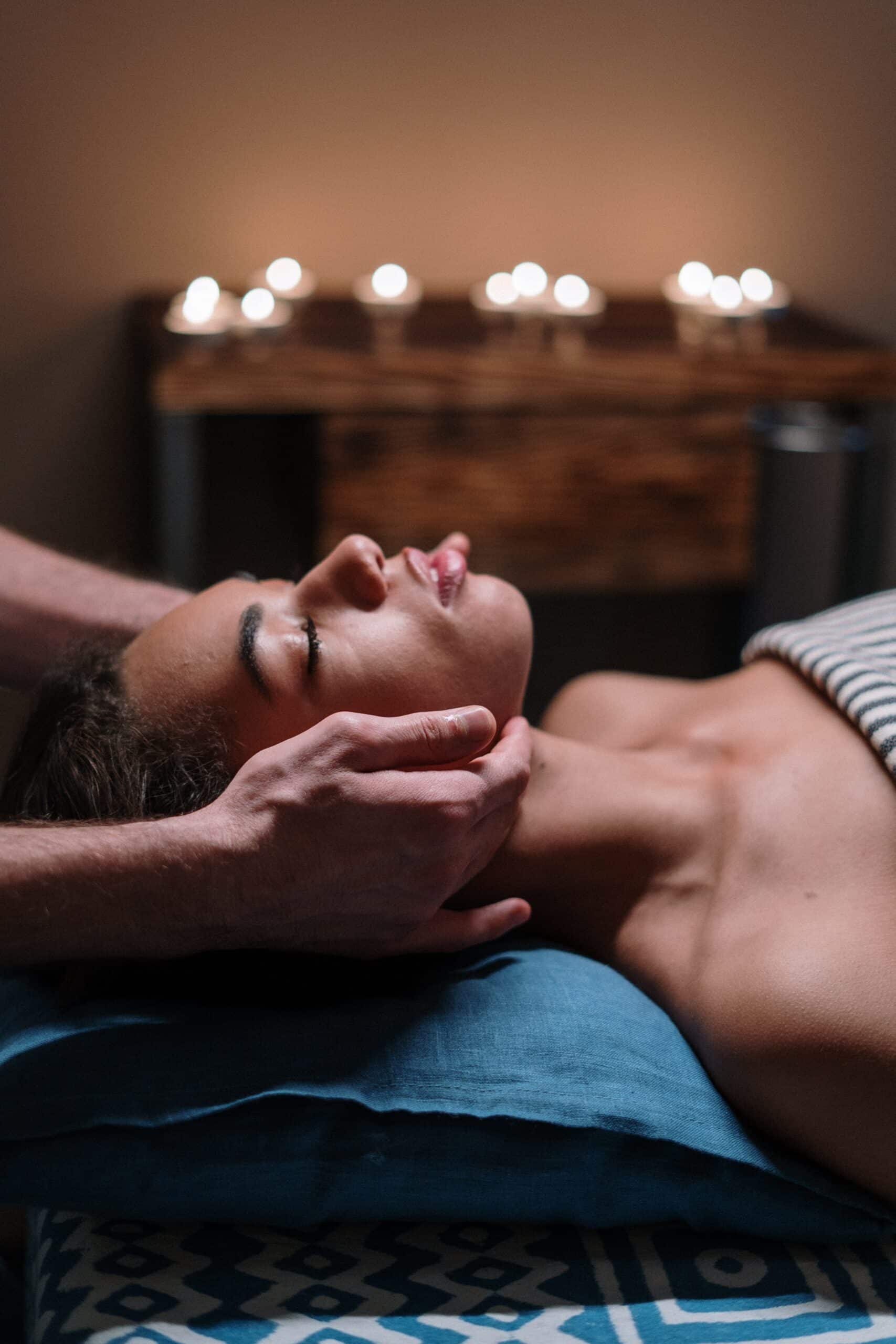
show comments